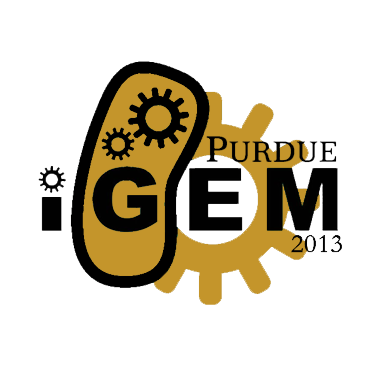About Us
The Biomaker Bench started as a human practices initiative for the 2012 Purdue iGEM Teams project. While trying to organize teachers, students and community members around the state the team realized there was a need for a central body to coordinate these kinds of efforts in a sustainable and continuous manner. Thus was born the Biomaker Bench.
The Biomaker Bench is a non-profit opportunity established to promote innovative education and discovery. The organization’s efforts are focused within the Indianapolis metropolitan area and other life-science hubs (ex: Warsaw, IN) to coordinate, facilitate and provide tailored and low-cost science, technology, engineering and mathematics (STEM) K-12 outreach while promoting life-science based entrepreneurship and innovation. Indiana has been repeatedly ranked a top-five national setting for Life Science Sectors. Innovative community engagement is needed to maximize the potential of Indiana’s students, workforce, citizens, corporations and academic institutions.
Mission
Goals
- Increase high school student preparedness for college-level STEM courses.
- Increase women and minority resident interest and participation in STEM.
- Increase community college and university enrollment and graduation rates from STEM programs.
- Increase the amount of young life-science professionals in Indiana.
- Provide a physical space that contains the equipment necessary to conduct innovative research.
Objectives
Engage the community. Make science fun. Illustrate that STEM education can take place anywhere. Motivate students to seek STEM related courses and careers.
Keys to Success:- Establish strong network connections and collaborations within biotech and life sciences industry and academic institutions and public education systems.
- Form strategic partnerships with local, regional and national non-profit agencies and private foundations.
- Support the entrepreneurial efforts of additional small businesses and non-profit agencies within Central Indiana and with alignment to the Biotech and Life Sciences industries.
Industry at a Glance
The DIYBiotech and community lab movements have taken hold and grown substantially, globally, in the last four years. There are community labs or bio-hacker spaces throughout the U.S., primarily on East and West coasts and forming in large metropolitan areas near college campuses. Globally, these community biolabs have formed in Germany, Australia, South Korea and Russia, just to name a few. This is a movement centered with a globally agreed, vetted by the U.N., common code of ethics. According to Ellen Jorgensen, Ph.D. and co-founder of Brooklyn, NY based Genspace, biotechnology is “the most powerful, fastest growing technology sector…poised to touch every aspect of our daily lives”. (TED Conferences, LLC, 2012)
Current Momentum
As of now the Biomaker Bench is in the process of establishing its legal identify as a 501c3 status non-profit organization. In addition, it is focused on developing an online community for Midwestern DIY makers. Once established we hope to collaborate with extensive institutions like Biocrossroads to reach and coordinate outreach endeavors with the Indiana life science industry.
 "
"
